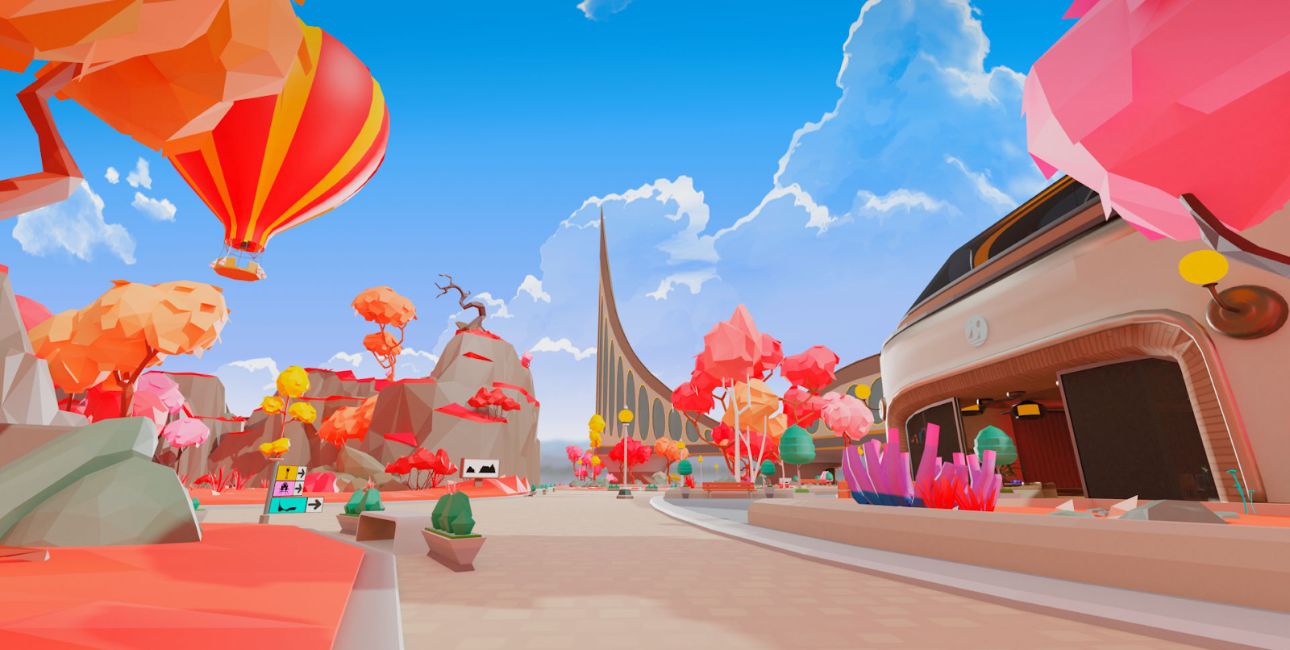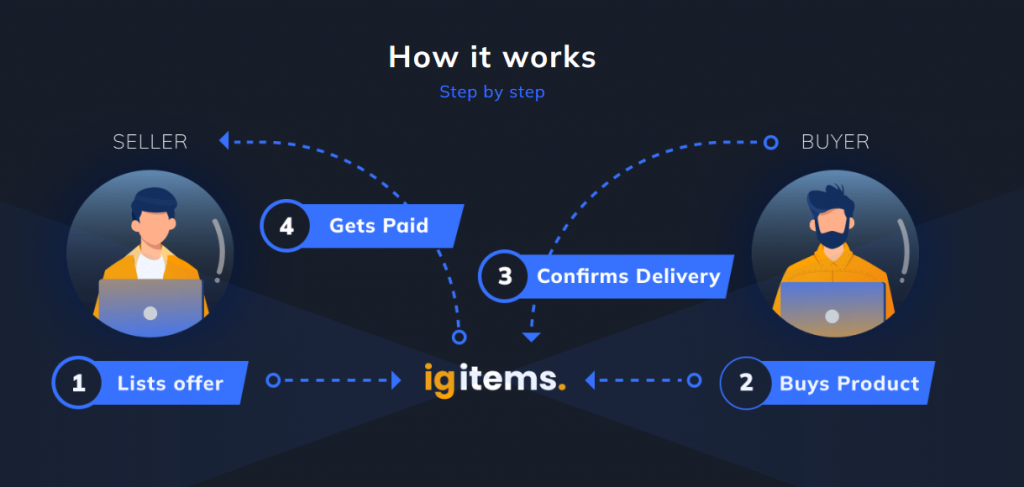How Gaming’s Underground Economies Are Rewriting The Rules?
12 February 2025
5 Mins Read

toc impalement
While millions battle royale in Fortnite or raid dungeons in World of Warcraft, a parallel universe thrives, one where a CS: GO skin trades for $500,000, virtual land in Decentraland sells for $2.4 million, and pro gamers secure seven-figure sponsorships.
This isn’t fantasy; it’s the explosive reality of gaming’s hidden economies. Let’s pull back the curtain, and find out how these underground economies are rewriting the rules for virtual gaming.

Level 1: Virtual Gold Mines And The Rise Of In-Game Economies
Think about it, modern games aren’t just escapism, they’re Wall Street with dragons. Take Roblox, where creators earned $741.5 million in 2023 selling virtual hats and experiences.
Or Counter-Strike 2, where item trading on Steam’s Community Market moves roughly $10 billion annually. These ecosystems operate with supply/demand dynamics sharper than traditional markets:

- Scarcity Rules: Limited-edition Apex Legends weapon skins resell for 50x their original price.
- Labor Isn’t Imaginary: EVE Online players hire full-time accountants to manage interstellar corporations.
- Real Consequences: When Diablo III’s Auction House allowed real-money trades in 2012, it accidentally created a gold rush that destabilized gameplay, forcing Blizzard to scrap the system.
Why It Matters: Over 3 billion gamers globally now participate in virtual economies that outpace the GDPs of small nations.
Level 2: The Gray Market Where Gamers Become Tycoons
Beyond official storefronts lies a shadow economy. Platforms like PlayerAuctions and igitems let users sell high-level accounts, rare loot, and boosting services.
In South Korea, “Gold Farmers” once turned MMORPG grinding into a controversial $1 billion industry. Today, the stakes are higher:

| Platform | What’s Traded | 2024 Est. Revenue |
| DMarket | CS: GO skins, TF2 hats | Unknown |
| OpenSea | Gaming NFTs (Axie Infinity) | $14.9B* |
| igitems | WoW Gold, rare Fortnite Accounts, Diablo IV items | Unknown |
Source: DappRadar Q1 2024 NFT Report.
Boss Fight: NFTs And The Ownership Revolution
Crypto skeptics scoffed until Axie Infinity turned Filipino players into full-time “breeders” earning 3x the local minimum wage. Now, blockchain gaming’s “play-to-own” model is reshaping design:
- Digital Landlordship: Buy a plot in The Sandbox’s metaverse, and Adidas might rent it for a virtual store.
- Interoperable Assets: Imagine using your Call of Duty gun skin in Fortnite—a possibility with Epic Games’ Partner Program.
- Creator Royalties: Horizon Worlds builders earn 47.5% of item sales, a stark contrast to traditional developer cuts.
Still, it’s volatile: The NFT gaming market cratered 72% post-2022 peak, per CoinGecko. Yet giants like Ubisoft and Square Enix keep investing, betting web3 will mature.
Own It And Trade It:
Remember how many hours you spent purchasing a fantastic skin or unlocking a rare sword? It is victory – but a bittersweet one, considering it makes you stuck in a game. Well, blockchains can fix that. Thanks to social media (Twitter, for example), players can now own their online loot.
So, when we say ‘own,’ we mean the game will let you ‘borrow’ real ownership.
One of the best examples happens to be Take Gods Unchained, a type of card game in which the collection belongs to the players. Moreover, every card in this game is a non-fungible token – this means, every card is unique. And it belongs to you – you can sell or trade the same.
Worried about counterfeits? Don’t! Blockchain ensures that every card is authentic. So, when you crush your opponent with a legendary card the next time, you will be aware that it’s 100% legit.
Virtual Economy That Pays Well:
Underground economies in the world of gaming are no longer restricted to earning gold within a game that is completely useless everywhere else. With blockchain’s arrival, virtual money has real-world value now. And the best part? It’s a show run by players!
If you have heard about The Sandbox, you would know what we are trying to say. This is so much more than a game – it is an entire universe.
Moreover, in this universe, players can sell, buy, and rent virtual plots of land, build the world of their dreams, and actually earn money while doing these activities.
In addition, the game has its currency – these are called SAND tokens that you can trade in exchange for actual cash. It’s very similar to Minecraft but it comes with a good paycheck.

eSports Got Smarter:
Gaming tournaments are messy. You will come across delays in payouts, middlemen, and disputes that end up complicating things.
But with blockchain’s arrival, players can now eliminate such problems easily. We’ll tell you how – to enter smart contracts! These smart contracts can automate reward distribution and make life better for players. Also, you can think of these contracts as virtual middlemen – but these middlemen always ensure fair play and don’t take any cuts.
Additionally, you can check out Community Gaming. We love them because they entirely depend on blockchain to organize esports tournaments. As a result, winners receive instant payments and face hardly any dispute. No excuses, no waiting – just play and cash in, if you win.
Power-Ups and Pitfalls: Navigating Gaming’s Wild West
So, let’s check out the good and ugly side of online gaming:
The Good
- Side Hustles to Careers: Twitch streamers like Ninja built empires, while Roblox devs retire parents.
- Preservation: When Driveclub’s servers shut down, fans kept its economy alive via private mods.
The Ugly
- Scams Galore: “Double your CS:GO skins!” cons cause bundles of money lost.
- Addiction Risks: Loot boxes’ psychological hooks led to EU legislation classifying them as gambling.
Extra Life: Where Do We Go From Here?
The lines between work and play are dissolving. As VR/AR matures, expect:
- Taxable Virtual Income: South Korea already taxes gaming earnings over $2,300/year.
- Unionized Avatars: Esports pros are unionizing for fair pay, with Overwatch League’s players securing health insurance.
- AI Disruption: Tools like Inworld AI let indie studios generate NPCs with GPT-4-level dialogue, potentially flooding markets with AI-crafted content.
Final Save Point: Whether trading sword skins or speculating on metaverse real estate, gaming’s hidden markets prove one thing: virtual value is no longer an oxymoron.
As these economies mature, they force us to rethink ownership, labor, and what “real” money even means. Ready to cash in? Check your Steam inventory, that TF2 hat collecting dust might just pay next month’s rent.
What’s your take? Ever sold a virtual item for real cash? Share your story below.


















Comments Are Closed For This Article